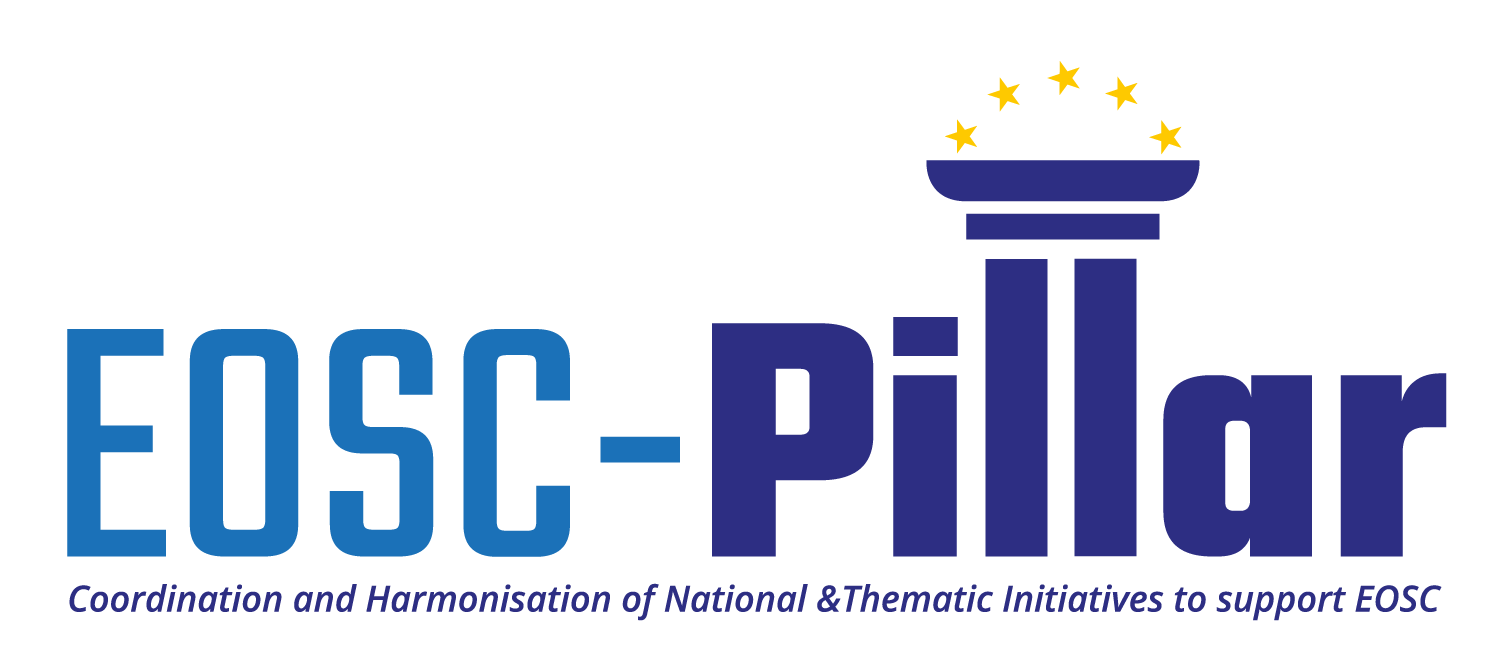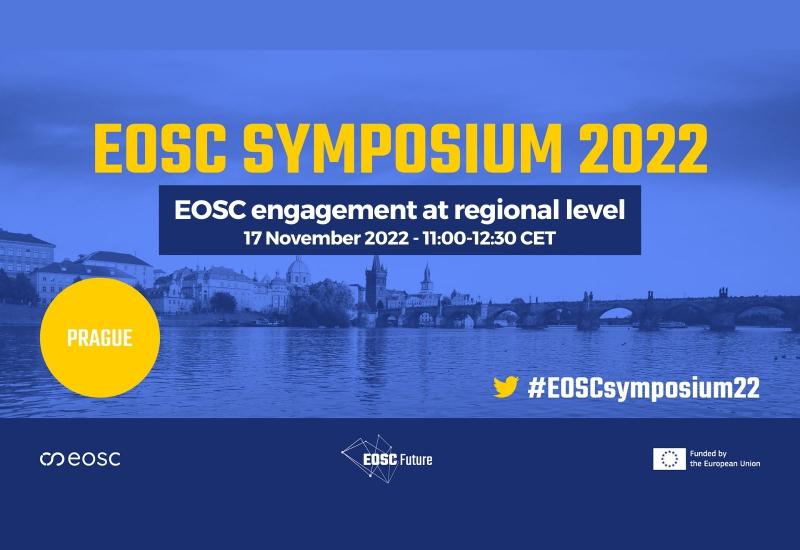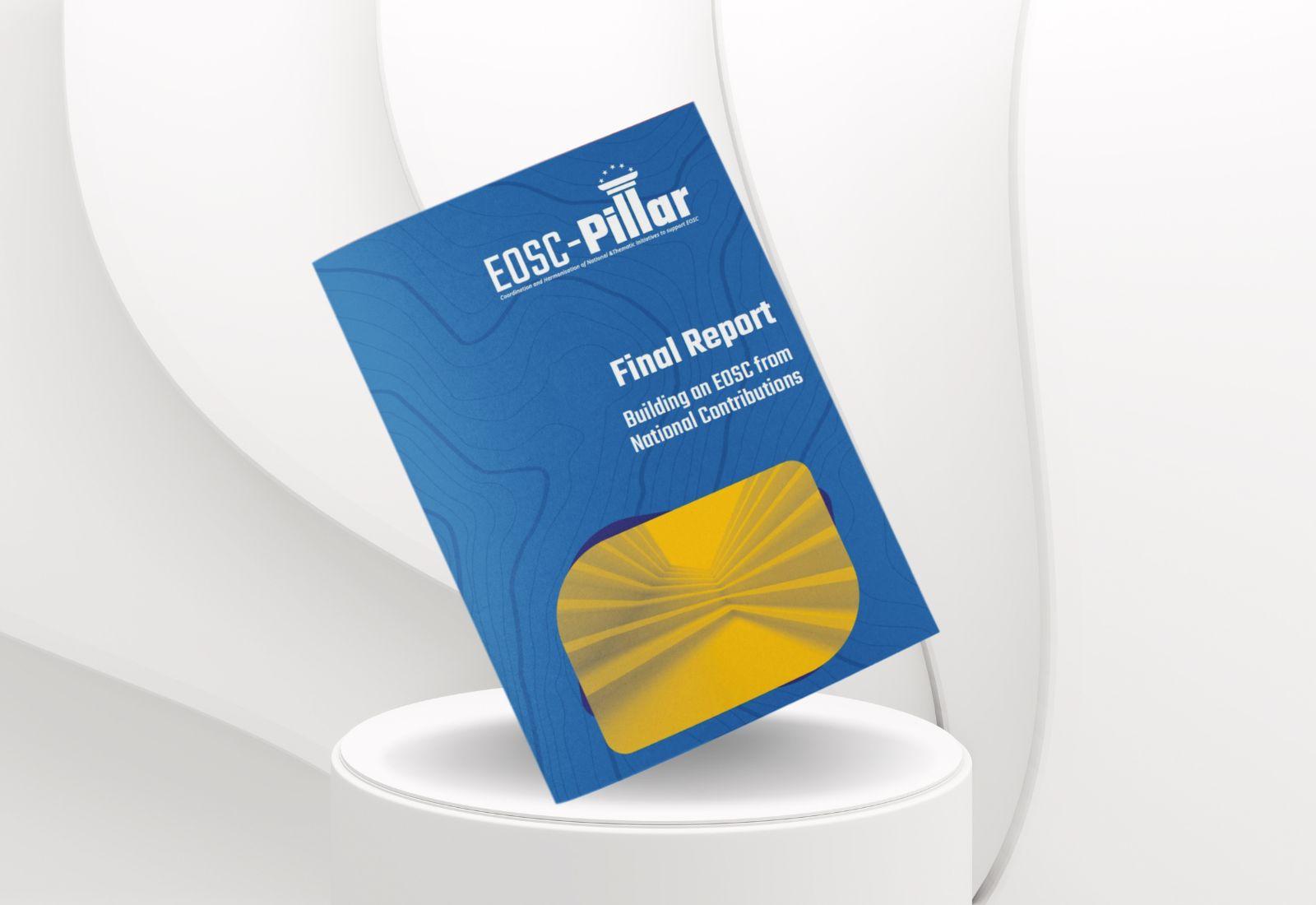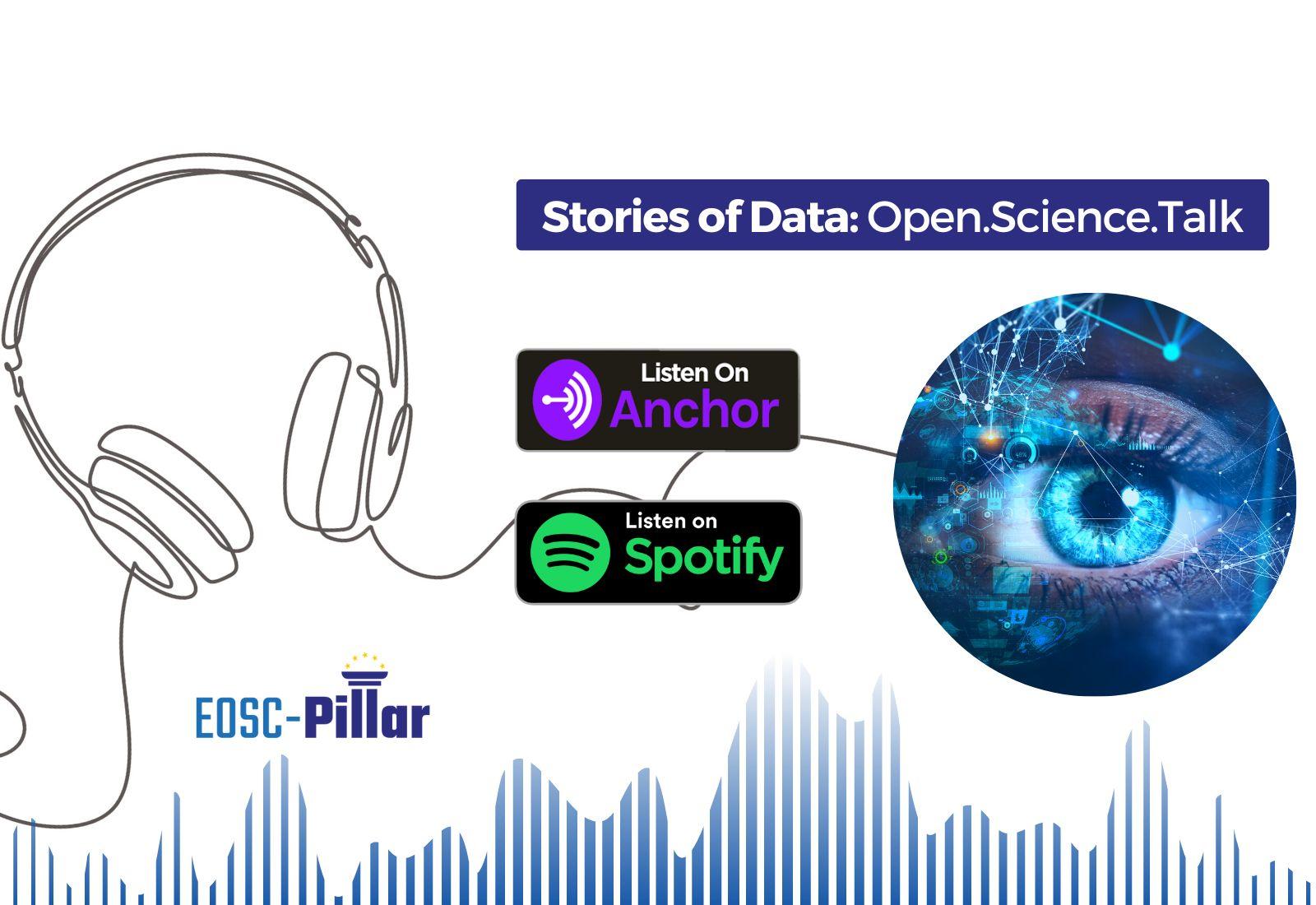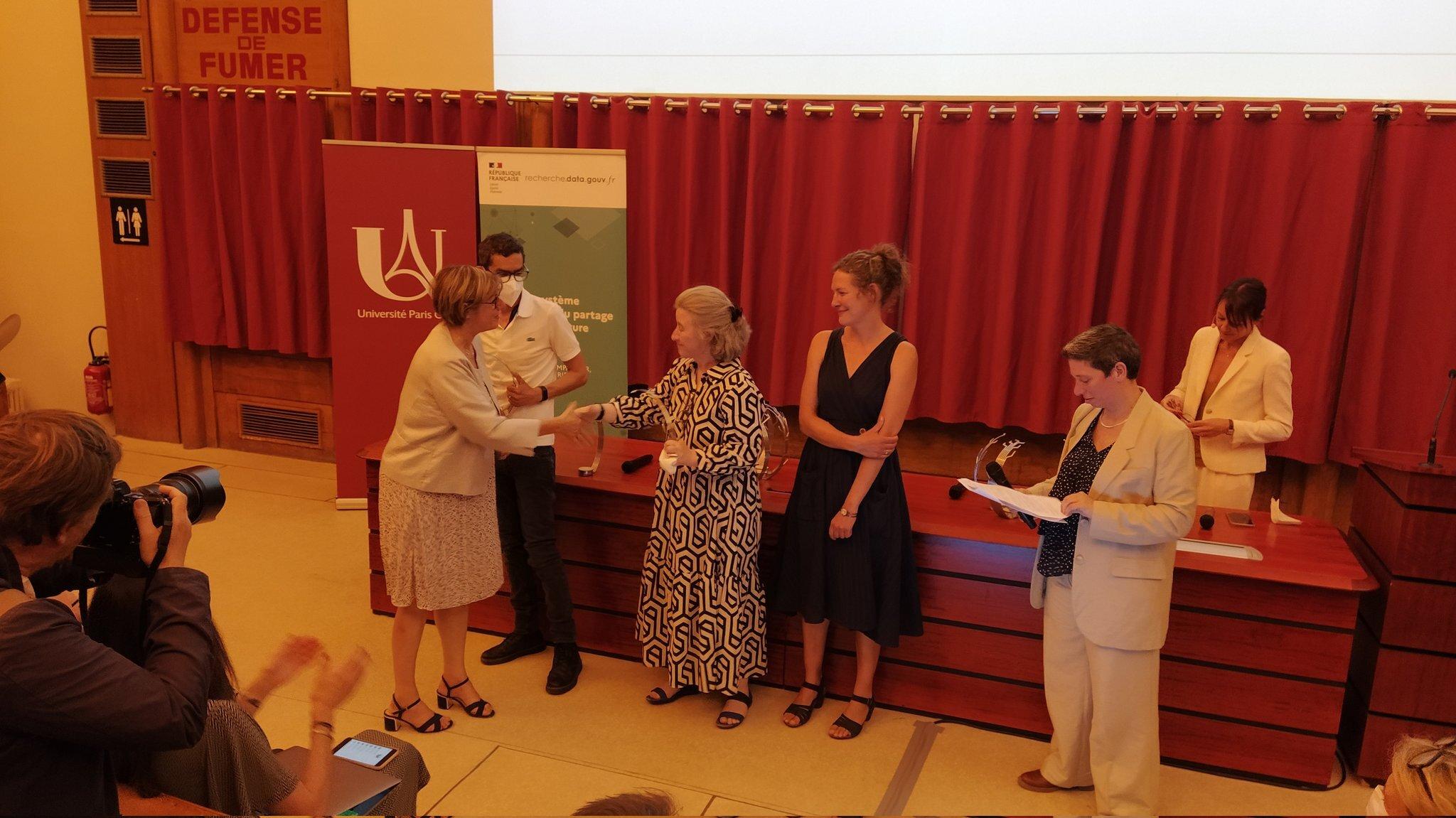
The new European Strategy for Data: the role of EU Member States
February
24,
2020
News
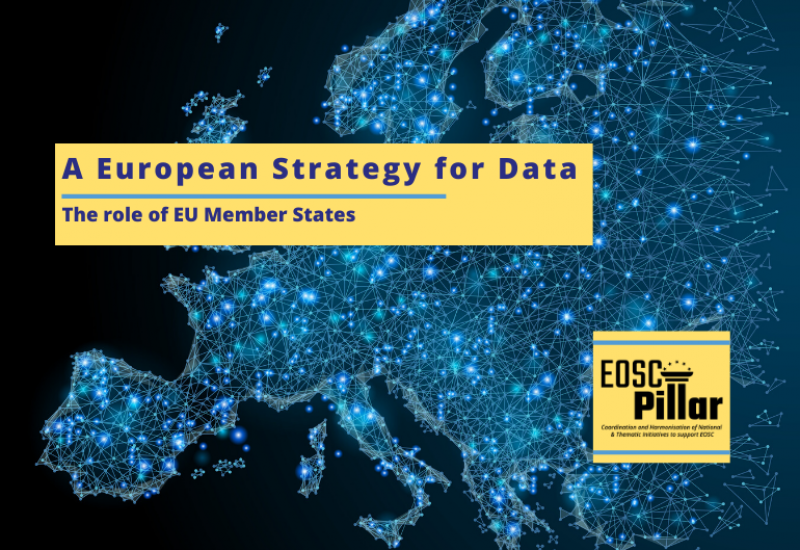
Last week, the entire research and innovation community across Europe had the chance to reflect upon the future of data, as the European Commission released its new European Strategy for Data, announcing the creation of nine Common European data spaces which will address specific sectors.
These thematic data spaces will build upon the current experience of the European Open Science Cloud (EOSC), and will be developed in full compliance with data protection rules and according to the highest standards for cyber-security. The EC Strategy will have significant impact on the data management and open science landscapes in EU Member States, and consequently on regional projects such as EOSC-Pillar.
The nine initial Common European data spaces will cover the following topics:
- Industry and Manufacturing
- EU Green Deal
- Mobility
- Health
- Finance
- Energy
- Agriculture
- Public Administrations
- Skills
The current and future role of EU Member States
Among the issues which are holding the EU back from realising its potential in the data economy, fragmentation between Member States is generally considered to be crucial. In order to advance towards the vision of a common European data space, and the further development of a genuine single market for data, several Member States have started adapting their legal and technical frameworks, while others are only starting to explore how to handle the issues at stake. The emerging differences underline the importance of common action and harmonisation, in order to leverage the scale of the internal market.
Progress will have to be made by working together on a wide range of topics, such as the availability of data, as well as its compliance with the FAIR principles of findabilty, accessibility, interoperability, and reusability. These are key issues which EOSC-Pillar and the other InfraEOSC-05 regional projects are already addressing.
From 2021 to 2027, the EC plans to invest in a High Impact Project on European data spaces and federated cloud infrastructures, funding infrastructures, data-sharing tools, architectures and governance mechanisms for thriving data-sharing and Artificial Intelligence ecosystems. Funding will also support local institutions in making high value data sets available for re-use across data spaces. Member States and industry are expected to co-invest with the Commission in this pan-European project, and these investments are essential for the EU’s data infrastructure of the future, in order to equip Europe with the right infrastructures, computing power, encryption capacity and cybersecurity tools to process data.
Consequently, the Commission will facilitate synergies between the work on European cloud federation and Member States’ initiatives such as Gaia-X. This is necessary to avoid multiplication of fragmented cloud federation and data-sharing initiatives, as the success of such a vision depends on pan-European participation and capacity to scale.
Connections with EOSC
The development of the EOSC will ensure seamless access and reliable re-use of research data to European researchers, innovators, companies and citizens through a trusted open data environment, providing the basis for a science, research and innovation data space to be fully connected with the new sectoral data spaces.
The Commission has also established two main goals related to the EOSC:
- Deploy EOSC operations to serve EU researchers by 2025; Steer the underpinning development of a stakeholder-driven EOSC governance structures, possibly in connection with the launch of the corresponding EOSC European partnership by the end of 2020;
- In the medium term, open up, connect and articulate EOSC beyond the research communities, with the wider public sector and the private sector from 2024 onwards.
EOSC-Pillar is a key regional initiative with a focus on the harmonisation of national open science initiatives in Austria, Belgium, France, Germany, and Italy.
Join our community now, and contribute to the development of EOSC!



